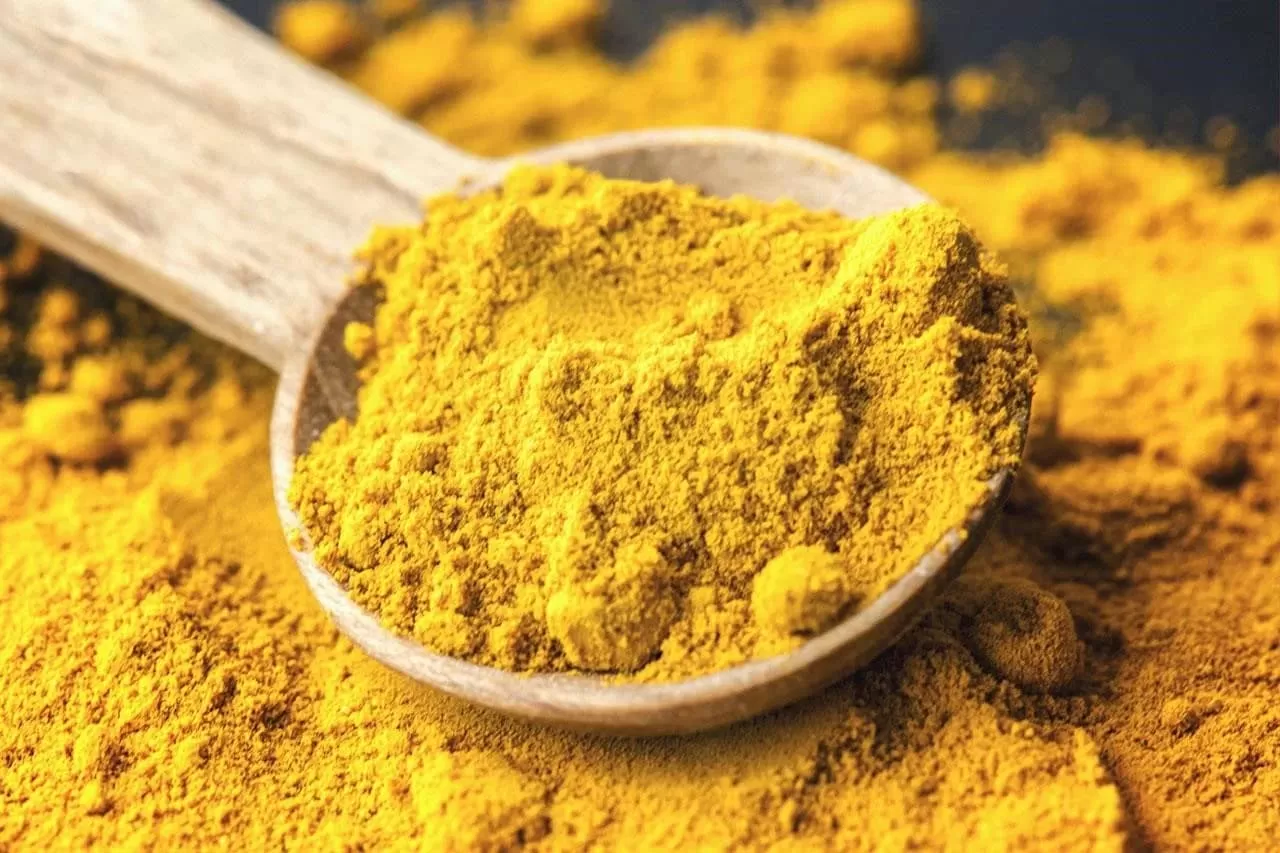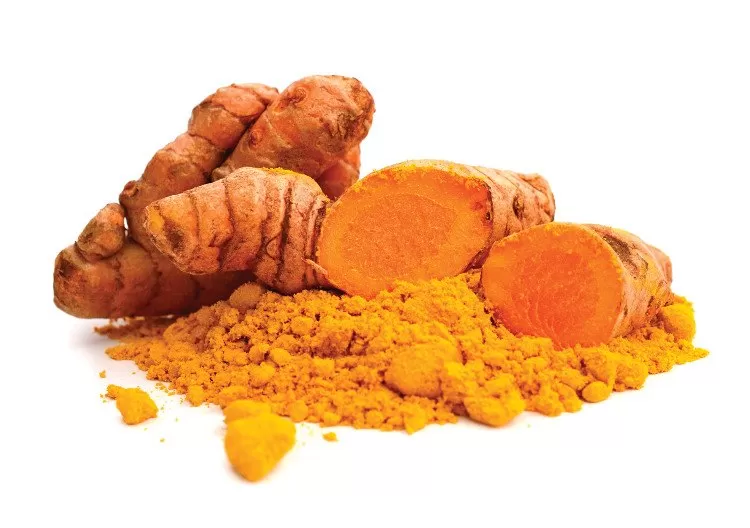- 0086-571-85302990
- sales@greenskybio.com
Curcumin: Who Should Avoid Taking This Popular Supplement?
2025-04-01

Curcumin, a bright yellow compound found in the spice turmeric, has gained widespread popularity for its purported health benefits. Known for its anti-inflammatory and antioxidant properties, Curcumin has been the subject of numerous studies exploring its role in treating conditions ranging from arthritis to depression. Although Curcumin supplements are generally considered safe for most people, certain individuals should exercise caution or avoid them altogether. This article delves into who should not take curcumin and highlights the potential risks associated with this natural supplement.
1. Individuals with Gallbladder Problems
Curcumin stimulates the gallbladder to produce bile, which aids in digestion. While beneficial for many, this can pose problems for individuals with gallbladder disease or gallstones. Increased bile production may exacerbate the condition, leading to pain, obstruction, or worsening symptoms. Therefore, those with known gallbladder issues should steer clear of curcumin supplements and consult their healthcare provider before using turmeric in their diet.

2. People Taking Anticoagulant Medications
Curcumin has blood-thinning properties. This means that taking curcumin in conjunction with anticoagulant medications, such as warfarin or aspirin, could potentially increase the risk of bleeding. It may also interfere with platelet aggregation. People on such medications should avoid curcumin supplements or consume them under strict medical supervision to prevent adverse interactions and unexpected bleeding episodes.

3. Pregnant and Breastfeeding Women
Although research on curcumin’s effects during pregnancy and lactation is limited, experts recommend that pregnant and breastfeeding women avoid high doses of curcumin. While turmeric is generally safe in culinary amounts, concentrated curcumin supplements might pose risks to fetal development or impact milk production. Consequently, women in these stages should discuss curcumin consumption with their healthcare provider to ensure safety.
4. Individuals with Iron Deficiency
Curcumin can bind to iron and hinder its absorption in the body, potentially exacerbating iron deficiency. Anyone diagnosed with anemia or who struggles with maintaining adequate iron levels should avoid curcumin supplements or closely monitor their iron status if consuming them. Regular blood tests to assess iron levels may be necessary for those who have iron concerns while using curcumin.
5. People with Hormone-Sensitive Conditions
Curcumin can mimic estrogen to some extent, which means it might affect hormone-sensitive conditions such as breast cancer, uterine cancer, or endometriosis. Patients dealing with these conditions should avoid excess curcumin supplements, as they may worsen symptoms or interfere with conventional hormone-related treatments. Consultation with an oncologist or endocrinologist is recommended for personalized advice.
6. Diabetics on Medication
Curcumin is noted for its potential to lower blood sugar levels. While this can be advantageous for some, it can also pose risks to diabetics who are on blood sugar-lowering medications. The combination may cause blood sugar levels to drop too low (hypoglycemia), which is dangerous. Diabetics should either avoid curcumin or take it under medical supervision, ensuring that blood sugar levels remain within a safe range.
7. Individuals Undergoing Surgery
Due to curcumin’s blood-thinning effects, it is advised to discontinue use at least two weeks before any surgical procedure to minimize the risk of excessive bleeding. Curcumin may also interact with anesthesia or other medications used during surgery, leading to complications. Anyone scheduled for surgery should inform their surgeon about curcumin usage to receive proper guidance and precautionary measures.
8. People with Allergies to Turmeric
Though not common, some individuals may have an allergic reaction to turmeric or curcumin. Symptoms can range from mild skin rashes to severe anaphylactic reactions. Those with known allergies to turmeric or related spices should avoid curcumin supplements entirely and consult an allergist if needed.
9. Individuals with Gastrointestinal Issues
Curcumin can cause gastrointestinal disturbances in some individuals, including nausea, diarrhea, or abdominal pain. People prone to digestive issues or with irritable bowel syndrome (IBS) should be cautious and observe how their body responds to curcumin. Starting with minimal amounts and monitoring symptoms closely can help determine tolerance levels.

In Conclusion
While curcumin has numerous health benefits and is generally safe for many individuals, it is crucial to recognize when its use might not be appropriate. Understanding the potential risks and contraindications associated with curcumin supplements can help protect against adverse effects. Individuals with any of the conditions listed above should consult their healthcare provider before incorporating curcumin into their regimen. This will ensure that they receive tailored advice that accommodates their unique health needs, allows them to capitalize on the benefits where possible, and shields them from potential harm. Medical guidance is imperative for making informed decisions about the use of curcumin supplements.
- ▶ Hesperidin
- ▶ citrus bioflavonoids
- ▶ plant extract
- ▶ lycopene
- ▶ Diosmin
- ▶ Grape seed extract
- ▶ Sea buckthorn Juice Powder
- ▶ Beetroot powder
- ▶ Hops Extract
- ▶ Artichoke Extract
- ▶ Reishi mushroom extract
- ▶ Astaxanthin
- ▶ Green Tea Extract
- ▶ Curcumin Extract
- ▶ Horse Chestnut Extract
- ▶ Other Problems
- ▶ Boswellia Serrata Extract
- ▶ Resveratrol Extract
- ▶ Marigold Extract
- ▶ Grape Leaf Extract
- ▶ blog3
- ▶ blog4
- ▶ blog5
-
What is the most effective form of curcumin?
2025-04-01
-
Is curcumin good for the liver?
2025-04-01
-
Turmeric vs. Curcumin: Which is Better?
2025-04-01
-
Can curcumin have side effects?
2025-04-01
-
Curcumin Extract: When Should You Take It?
2025-04-01
-
Grape Leaf Extract
2025-04-01
-
Dandelion Root Extract
2025-04-01
-
Sophora Japonica Flower Extract
2025-04-01
-
Longan Extract
2025-04-01
-
Camu Camu Extract
2025-04-01
-
Scutellaria Extract
2025-04-01
-
Medicinal Marshmallow Extract
2025-04-01
-
Mulberry leaf Extract
2025-04-01
-
Black Rice Extract
2025-04-01
-
Peppermint Oil
2025-04-01






























